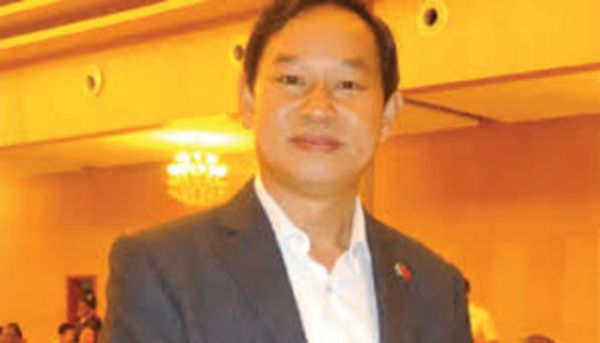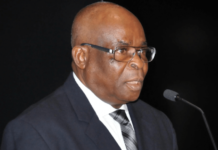
•Wale Oloko, Nigeria’s Consul-General in Guangzhou, China
Mr Wale Oloko, the Consul-General of the Federal Republic of Nigeria in Guangzhou, China, on Monday admonished young Nigerians aspiring to travel to China for employment purposes to look elsewhere.
Oloko told the News Agency of Nigeria (NAN) in Lagos that it had been and would continue to be difficult for unskilled Nigerians to secure even menial jobs in China.
The consul-general, however, said that it was only “exceptionally skilled’’ Nigerians in artificial intelligence, Information Technology and other areas that could be considered for employment in China.
“Nigerians wanting to travel to travel to China for employment must appreciate the fact that China currently has a population of about 1.4 billion people.
“And the Chinese government has to first be able to provide employment for the Chinese.
“And besides that, there is the language barrier for Nigerians wanting to get employment in China to contend with.
“Let me, therefore, say that there are not many employment opportunities for Nigerians or other foreigners who want to travel to any part of China to do menial jobs,” he said.
The consul-general said that it was only those Nigerians who were ‘’exceptionally good’’ in some areas yet to be explored by the Chinese that were likely to be offered employment in China.
Oloko, who was visiting Nigeria so as to strengthen China and Nigeria relations, said that China was currently favourable to Nigerians who would be visiting for studies, tourism and business purposes.
He said that the over 70, 000 Nigerians that travelled to the Guangdong Province in 2016, had visited the Chinese province for business, tourism, education and healthcare issues.
The bilateral relations between the Federal Republic of Nigeria and the People’s Republic of China have expanded on growing bilateral trade and strategic cooperation.
China is considered one of Nigeria’s closest allies and partners.
China is also one of Nigeria’s important trading and export partners, with trade relations hitting the 2.7 billion dollar mark in 2017. (NAN)










